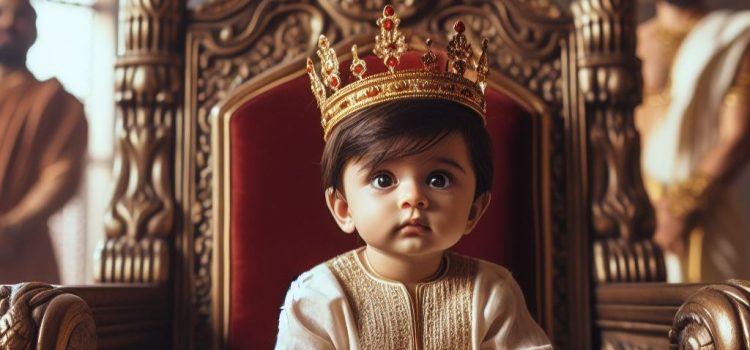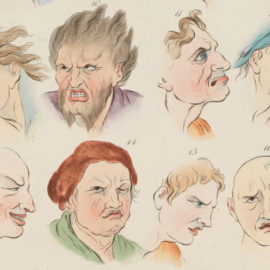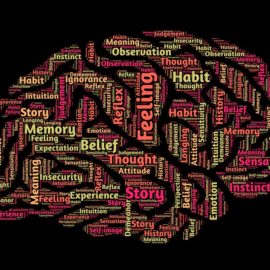
What is the Divine Child archetype? How is the Divine Child related to the King?
The Divine Child archetype represents a King who has not fully matured. People embodying the Divine Child type have ambition but little to no ability to make their dreams reality.
Continue reading to learn about this archetype and how to develop it into a more mature version.
The Immature King: the Divine Child
It’s a common misconception that growing up means getting rid of boyhood aspects of the psyche and replacing them with mature, masculine ideals. In reality, it’s impossible to eliminate any aspect of someone’s personality. Instead, as a man matures, he should view the boyish aspects of his psyche as foundations to build upon.
The first of these immature aspects is the Divine Child archetype. Whereas the fully developed King takes charge and makes decisions to help a man reach his full potential, this undeveloped aspect represents the man’s unrealized potential. The Divine Child is the part of the psyche that determines what someone wants to do or thinks he can do—but, in this immature state, it doesn’t have enough power to turn those wishes into reality.
(Shortform note: We explained earlier that the King represents a person’s executive functions. It follows that the Divine Child aspect, the immature version of the King, is strongest in people whose executive functions aren’t fully developed. That development takes longer than many people think: Some studies have shown that executive functions tend to reach their peak in a person’s mid 20s. However, there are also numerous exercises and activities that help people of any age to improve their executive functioning—to build on this boyish aspect of their psyche. For example, improvisational theater requires (and therefore trains) skills like focus, creativity, and flexible thinking.)
Many people have immature King aspects because they didn’t receive enough Kingly praise from others. For a child to develop a King’s confidence, he needs people to recognize his talents and accomplishments. Without that positive reinforcement, he’s likely to grow up believing that he lacks the skills and intelligence to be a good King; he’ll think that he’s not competent enough to make big decisions and that he doesn’t deserve to judge others (positively or negatively). As a result, he may end up stuck in the Divine Child’s mindset of wishes and unrealized potential.
(Shortform note: Modern psychology still supports the idea that emotional neglect—such as ignoring a child’s accomplishments—can have serious impacts on their mental health. In Complex PTSD, psychotherapist Pete Walker says that emotional neglect alone can cause Complex Post-Traumatic Stress Disorder (CPTSD), possibly leading to a lifetime of anxiety and feelings of helplessness or hopelessness. CPTSD comes from severe cases of neglect, such as people who spend their entire childhoods getting little to no emotional support from their parents, but this extreme example helps illustrate how the lack of Kingly praise can harm a child’s psyche.)






